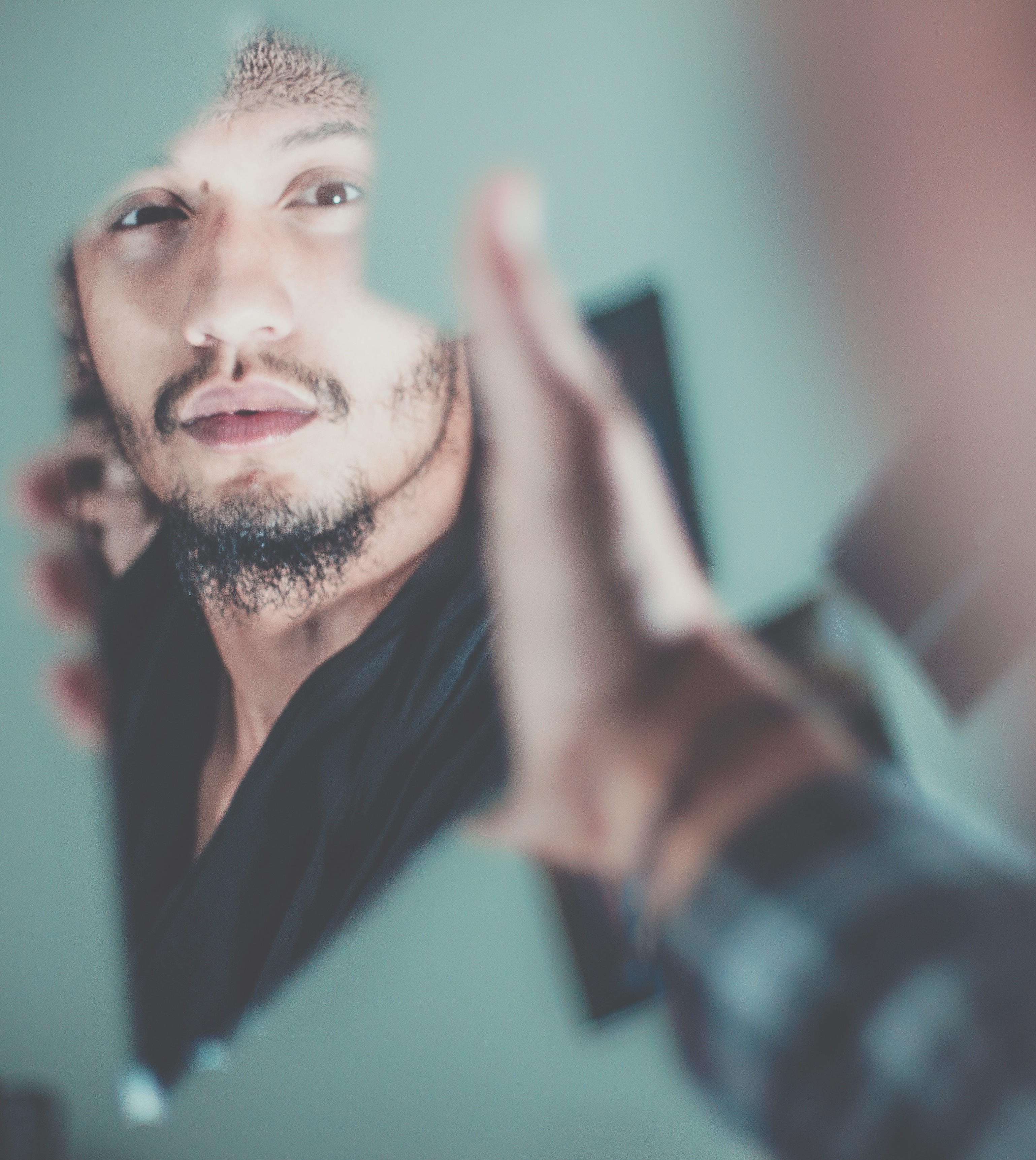
“Vulnerability is not weakness. Vulnerability is the birthplace of innovation, creativity, and change. To create is to make something that has never existed before. There’s nothing more vulnerable than that. If we want greater clarity in our purpose or deeper or meaningful spiritual lives, vulnerability is the path (Dr. Brene Brown).”
Her book Daring Greatly: How the Courage to Be Vulnerable Transform the Way We live, Love, Parent, and Lead, by Brene Brown is available on amazon.com
Dear Reader….
As you embark on your journey, remember the awe-inspiring quote from Theodore Roosevelt, the 26 th president of the United States.
” It is not the critic who counts; not the man who points out how the strong man stumbles, or where the doer of deeds could have done them better. The credit belongs to the man who is actually in the arena, whose face is marred by dust and sweat and blood; who strives valiantly; who errs, who comes short again and again, because there is no effort without error and shortcoming; but who does actually strive to do the deeds; who knows great enthusiasms, the great devotions; who spends himself in a worthy cause; who at the best knows in the end the triumph of high achievement, and who at the worst, if he fails, at least fails while daring greatly, so that his place shall never be with those cold and timid souls who neither know victory nor defeat.”
As you go out and face the world, remember how liberating it can be for you and those around you when you have the courage to be yourself and go for what you want in life. A great metaphor for exploring the concept of authenticity is an iceberg where the iceberg’s tip can be seen above the water’s surface, but the majority of it lies hidden beneath the water’s surface. People often go about life in a similar fashion, showing only a small part of their true identity and hiding everything else.
When you are more authentic, you are also more vulnerable; there’s no denying this fact. Being authentic means being willing to openly and honestly share all of yourself with others – both good and bad. Fundamentally, being more authentic is more fully expressing all of who you really are, and this includes both the light and the dark.
We all yearn to express ourselves more fully and be unconditionally accepted by others, and we desire to have others do the same. It often feels like we can’t truly be authentic because it means we risk having others judge us, or worse, reject us.
In the end, it seems easier to just be quiet, fit in, and hide who we really are rather than attempt to live more authentically around others. Still, we want to be more authentic, but at the same time, being more authentic seems very scary! If you want to live more authentically, you must move pass this fear.
Authenticity is often misunderstood because it is difficult to define. But more important, authenticity is misunderstood because many people are apprehensive to take an honest look at their hidden selves. The reason people can be equally hesitant to share their positive qualities is because revealing our most hidden strengths, desires, and aspirations still makes us vulnerable. These positive qualities can be judged critically by others, so there is risk associated with opening up to others, even in positive ways.
Mother Teresa once said, “Honesty and transparency make you vulnerable. Be honest and transparent anyway.”
References
Braude, M. (2012). Hemingway’s Iceberg Theory: Strength of The Submerged. EBSCOhost
Kundethe, S. (2019). Courage, Vulnerability, And Standing in Your Naked Truth. Department of Health. Pietermaritzburg, Kwazulu-Natal, South Africa.
Trader, M. (2012). Not the Critic Who Counts. https://www.businessinsider.com/not-the-critic-who-counts-2012-9

